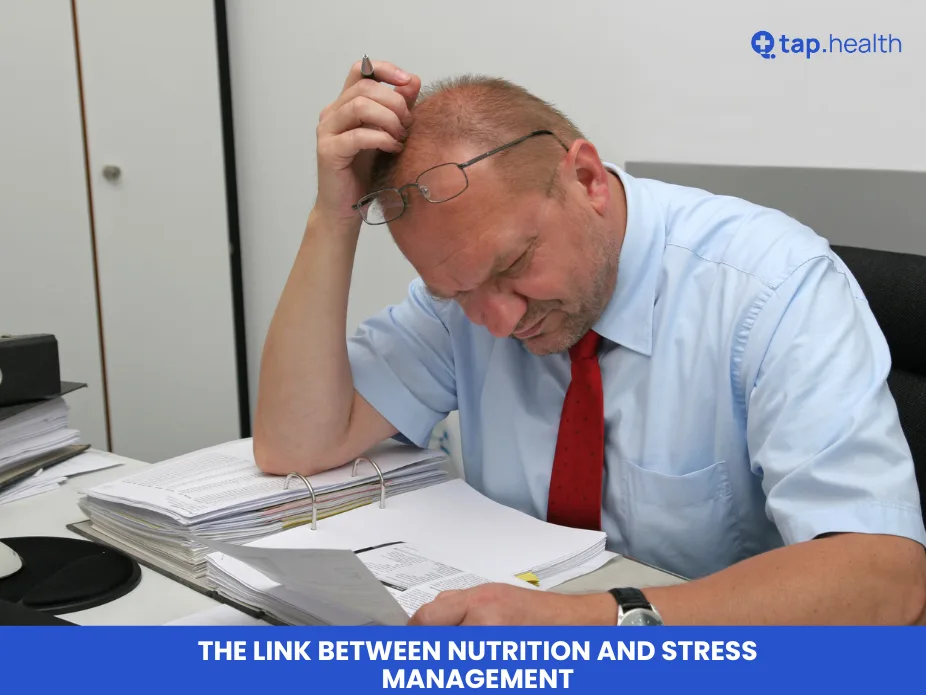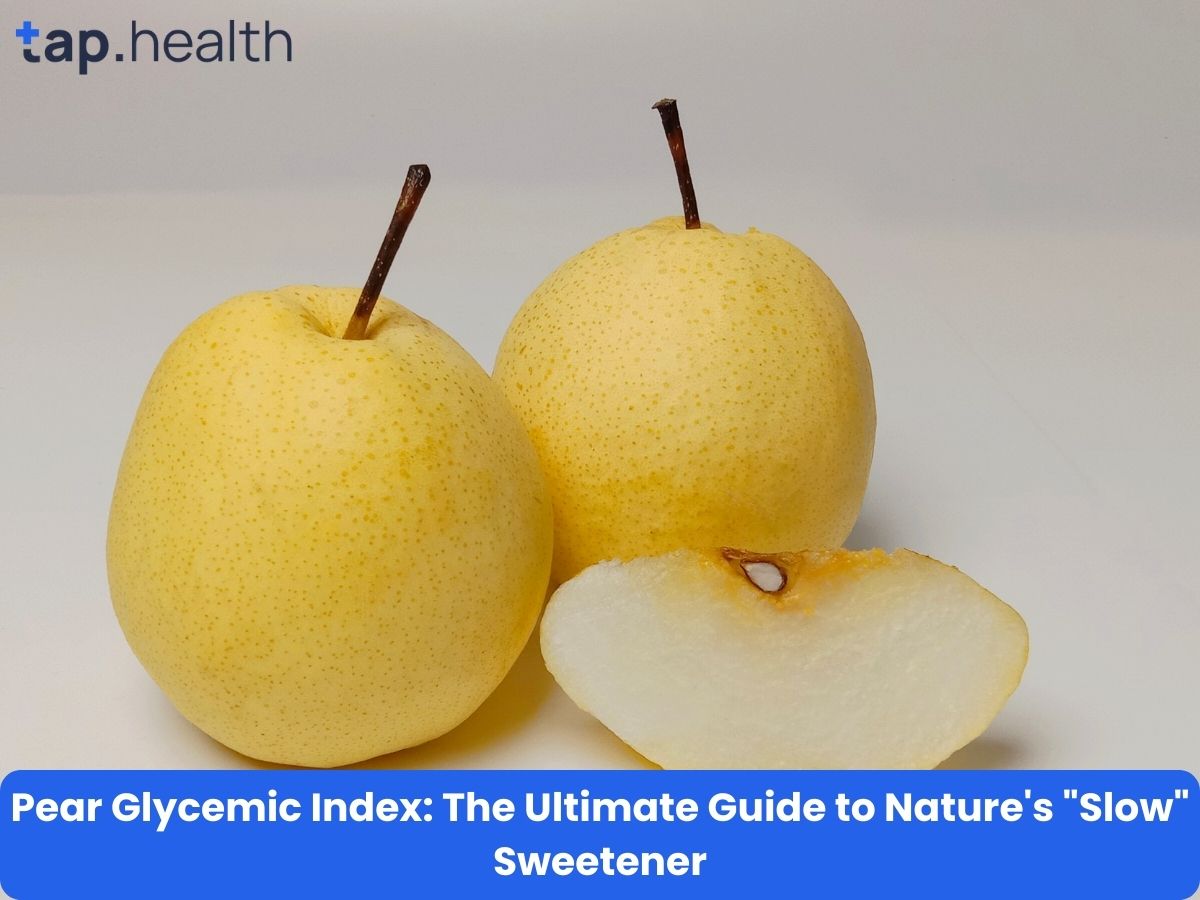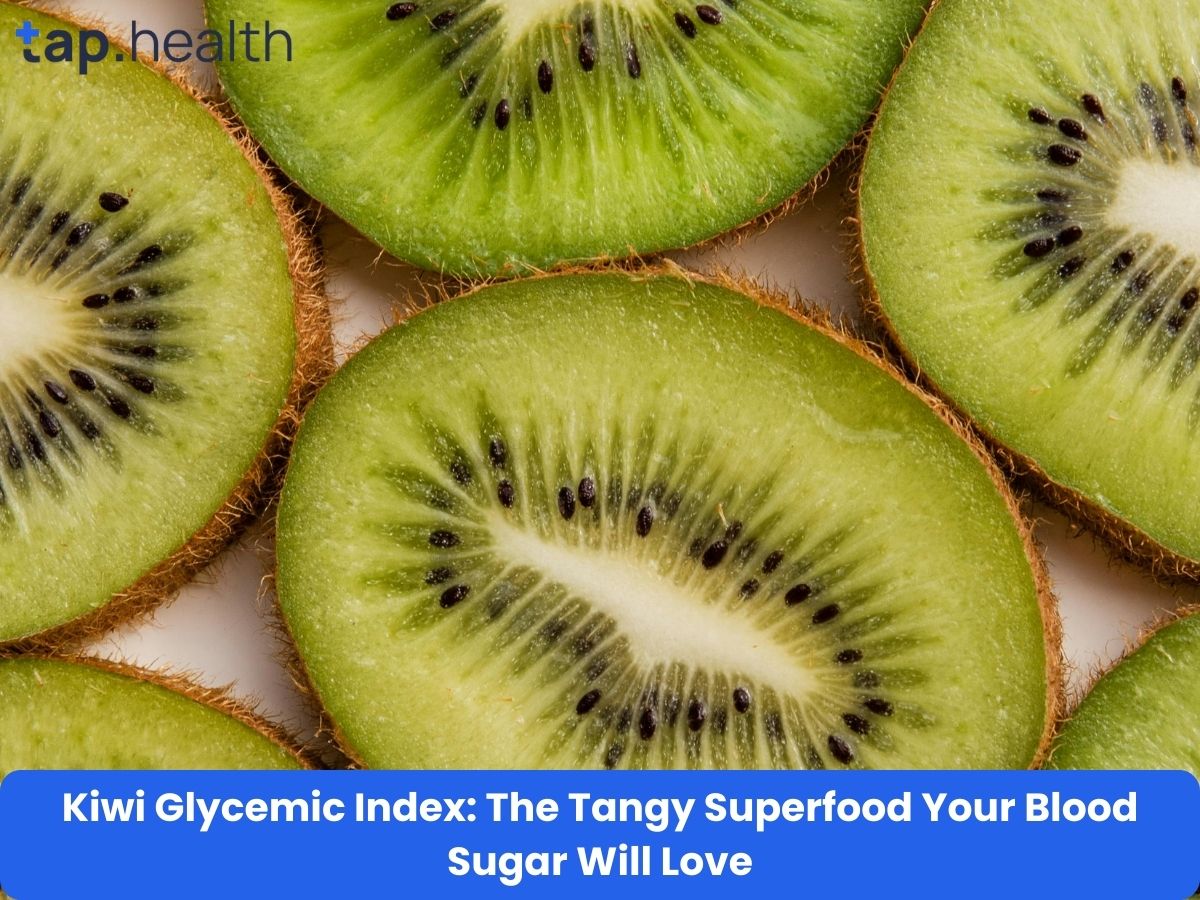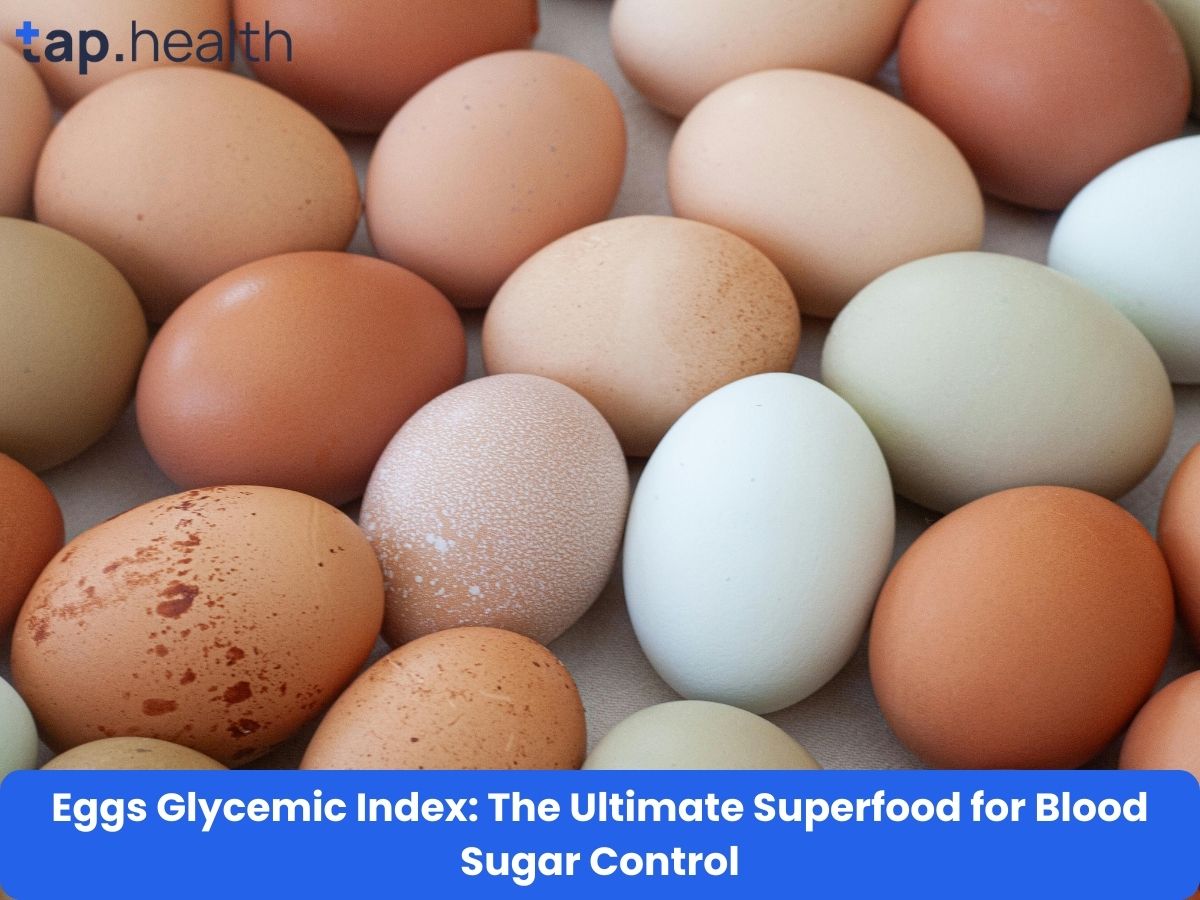Stress is a common experience for many individuals, whether caused by work, family, finances, or personal challenges. While stress is a natural part of life, chronic stress can have severe consequences for both mental and physical health. The good news is that research has shown that nutrition can play a significant role in managing and mitigating stress. The foods we consume can influence the way our bodies respond to stress, either exacerbating or alleviating its effects.
In this article, we’ll explore the link between nutrition and stress management, how certain foods can help regulate stress hormones, and actionable steps you can take to use nutrition as a tool for stress reduction.
The Impact of Stress on the Body and Mind
Before diving into how nutrition affects stress management, it’s important to understand the physiological and psychological effects of stress.
When you experience stress, your body enters the “fight or flight” response, activating the sympathetic nervous system. This leads to the release of stress hormones, including cortisol and adrenaline, which prepare your body to deal with perceived threats. In small amounts, this response can be beneficial, heightening alertness and focus. However, chronic stress leads to prolonged elevation of cortisol levels, which can have damaging effects on both the mind and body.
How Chronic Stress Affects Health:
- Mental Health: Chronic stress is linked to mood disorders such as anxiety and depression. It can impair cognitive function, leading to problems with concentration and memory.
- Physical Health: Prolonged stress can lead to high blood pressure, heart disease, digestive issues, and weakened immunity. It can also cause weight gain or loss, depending on how your body reacts to stress.
- Sleep Disruption: Stress can negatively affect sleep patterns, leading to insomnia or poor-quality sleep. This, in turn, can exacerbate stress, creating a vicious cycle.
Now, let’s look at how nutrition can help manage these effects.
Real-Life Scenarios
Consider the following examples:
- Sarah, a corporate professional, has been dealing with work-related stress for months. She often grabs quick, processed snacks and sugary drinks to get through the day. Over time, her stress levels increase, leading to fatigue, anxiety, and weight gain.
- Tom, on the other hand, also works in a high-pressure job but incorporates nutrient-dense foods like leafy greens, nuts, seeds, and omega-3-rich fish into his diet. He focuses on staying hydrated and avoids excess caffeine and sugar. As a result, Tom feels more energized, handles stress more effectively, and experiences fewer mood swings.
These two scenarios illustrate how nutrition can either exacerbate or help manage the effects of stress. The foods we eat can influence not only our mood and energy levels but also how we respond to stressors in our environment.
Expert Contributions
Experts agree that proper nutrition is vital for maintaining a balanced stress response. According to Dr. Amy Myers, a functional medicine physician, “What you eat plays a significant role in regulating your hormones, including cortisol. Eating nutrient-dense foods can help stabilize blood sugar, reduce inflammation, and support healthy adrenal function, all of which are critical for managing stress.”
Dr. Mark Hyman, a leading functional medicine doctor, explains, “Stress doesn’t just affect our minds; it affects our bodies. Nutrition is one of the most powerful tools we have to lower stress and restore balance to the body. By focusing on anti-inflammatory foods and avoiding stress-triggering foods, we can improve our mental and physical health.”
Dr. David Perlmutter, a neurologist and author of Brain Maker, further emphasizes the role of gut health in stress management: “The health of your gut microbiome can have a profound impact on your mood and stress levels. A diet rich in fiber, probiotics, and healthy fats supports a balanced gut microbiome and can help reduce feelings of anxiety and stress.”
Recommendations Grounded in Proven Research and Facts
Research consistently supports the idea that nutrition plays a critical role in stress management. Below are some of the key foods and nutrients that have been shown to help reduce stress and promote mental well-being.
1. Magnesium-Rich Foods
Magnesium is a vital mineral that helps regulate cortisol levels. Studies have shown that magnesium deficiency is associated with increased stress and anxiety levels. Consuming magnesium-rich foods like spinach, almonds, cashews, pumpkin seeds, and black beans can help reduce stress and improve sleep quality.
Research Link: A study published in Magnesium Research found that magnesium supplementation reduced stress and anxiety in individuals with low magnesium levels. Source
2. Omega-3 Fatty Acids
Omega-3 fatty acids, found in fatty fish like salmon, mackerel, and sardines, have powerful anti-inflammatory properties that can help combat the effects of chronic stress. Omega-3s also support brain health, improving mood and reducing symptoms of anxiety and depression.
Research Link: A study in the Journal of Clinical Psychiatry found that omega-3 supplementation reduced anxiety and depression symptoms in individuals with major depressive disorder. Source
3. Vitamin C
Vitamin C is well-known for its immune-boosting properties, but it also plays a crucial role in managing stress. Research has shown that vitamin C helps regulate cortisol levels and can reduce stress-related anxiety. Citrus fruits, bell peppers, strawberries, and broccoli are excellent sources of vitamin C.
Research Link: A study published in Psychopharmacology found that vitamin C supplementation significantly reduced the physical effects of stress, including cortisol production. Source
4. Probiotic-Rich Foods
The gut-brain connection is increasingly recognized as a key factor in mental health. A healthy gut microbiome supports mood regulation and reduces feelings of anxiety. Fermented foods like yogurt, kefir, sauerkraut, and kimchi are rich in probiotics, which promote gut health and improve stress management.
Research Link: A study in Frontiers in Psychology found that probiotics helped reduce anxiety and stress in individuals, highlighting the connection between gut health and stress. Source
5. B Vitamins
B vitamins, particularly B6, B12, and folate, are essential for nerve function and the production of neurotransmitters that regulate mood. Deficiencies in these vitamins are linked to increased levels of stress, depression, and anxiety. Foods like eggs, leafy greens, legumes, and whole grains are rich in B vitamins.
Research Link: A study published in Journal of Psychiatric Research found that B-vitamin supplementation helped reduce stress and improve cognitive function. Source
6. Complex Carbohydrates
Foods that are high in fiber, such as whole grains, oats, and legumes, help stabilize blood sugar levels, preventing the mood swings that are often associated with stress. Unlike simple carbohydrates, complex carbs release energy slowly, providing a steady supply of energy and improving overall mood.
Research Link: A study in Psychosomatic Medicine found that a diet rich in complex carbohydrates helped reduce symptoms of anxiety and improve overall mood. Source
Factual and Reliable Information
The relationship between nutrition and stress management is not just based on anecdotal evidence—it is backed by solid scientific research. Studies have consistently shown that certain nutrients can have a positive impact on the body’s stress response and mental health. By incorporating foods that are rich in magnesium, omega-3 fatty acids, vitamin C, probiotics, and B vitamins into your diet, you can better manage stress and improve overall well-being.
In addition to improving mood and reducing stress, these nutrients also support overall physical health. For example, omega-3 fatty acids not only reduce inflammation but also improve heart health, while B vitamins support cognitive function and energy production.
It is important to note that while diet plays a crucial role in managing stress, it is not a cure-all. Stress management is best approached from a holistic perspective, combining healthy eating with other strategies such as exercise, mindfulness, adequate sleep, and relaxation techniques.
FAQs About Nutrition and Stress Management
Q1: How can nutrition directly affect my stress levels?
Nutrition plays a key role in regulating stress hormones, such as cortisol. Certain nutrients, like magnesium and omega-3 fatty acids, can help reduce the physical and mental symptoms of stress.
Q2: Can eating junk food make stress worse?
Yes. Diets high in processed foods, refined sugars, and unhealthy fats can exacerbate stress by causing blood sugar imbalances and increasing inflammation. It’s important to focus on whole, nutrient-dense foods to manage stress effectively.
Q3: Are there any quick stress-relief foods I can eat?
Yes, foods rich in magnesium, such as almonds and spinach, and omega-3 fatty acids, found in fatty fish, can help promote relaxation and reduce stress levels. Foods like yogurt, which contains probiotics, can also support stress management.
Q4: Can I rely on supplements to manage stress?
While supplements like magnesium and vitamin C can be helpful, they should be used in conjunction with a balanced diet rich in whole foods. Supplements are not a substitute for proper nutrition but can be beneficial for individuals with deficiencies.
Q5: How long does it take for nutrition changes to affect my stress levels?
Changes in nutrition can have both immediate and long-term effects on stress levels. You may start feeling more energized and less anxious within days to weeks of improving your diet. However, long-term improvements in stress management may take a few months of consistent dietary changes.
Sources:
- Magnesium Research – Study on Magnesium and Stress
- Journal of Clinical Psychiatry – Omega-3s and Mental Health
- Psychopharmacology – Vitamin C and Stress
- Frontiers in Psychology – Probiotics and Anxiety
- Journal of Psychiatric Research – B Vitamins and Stress
- Psychosomatic Medicine – Complex Carbohydrates and Stress



